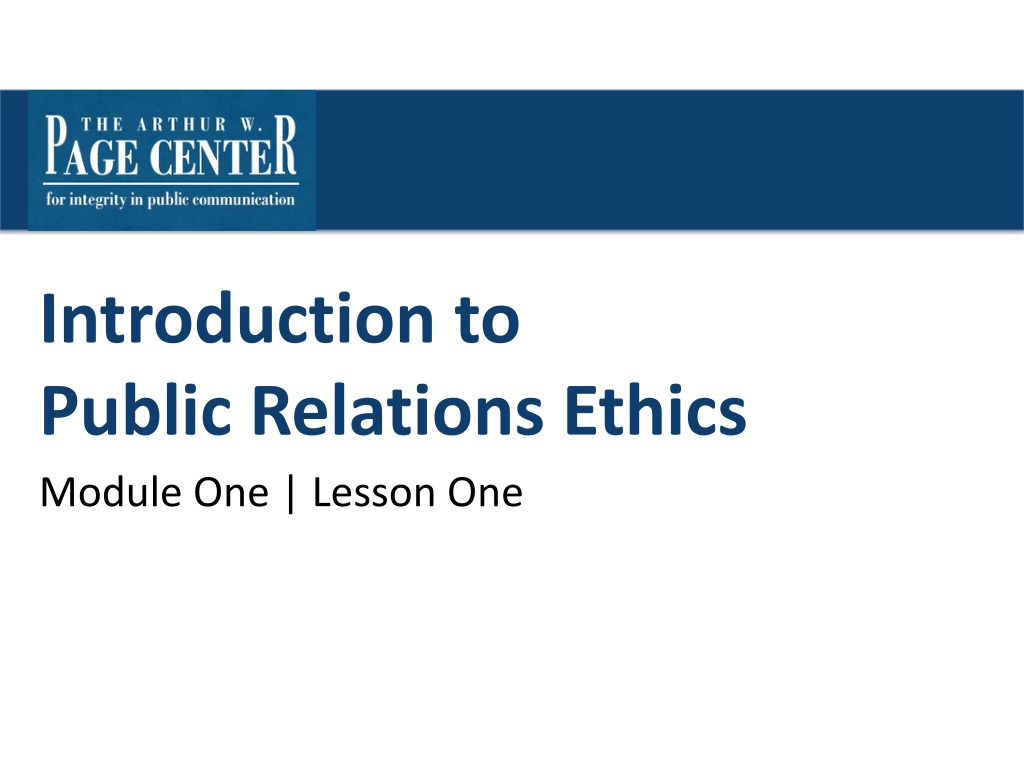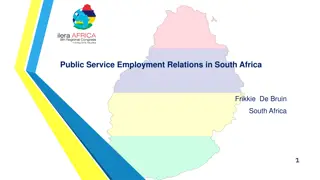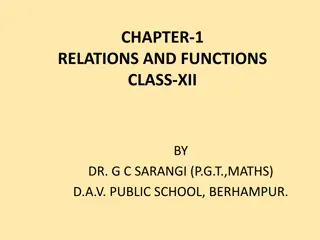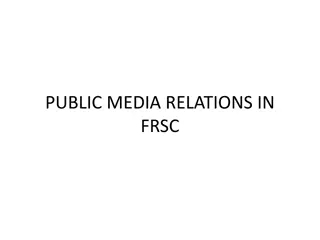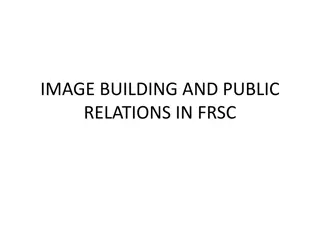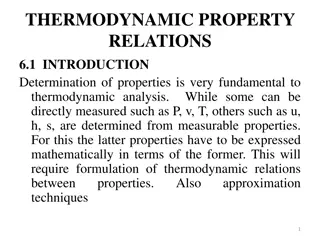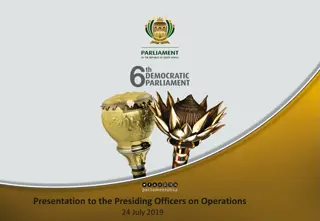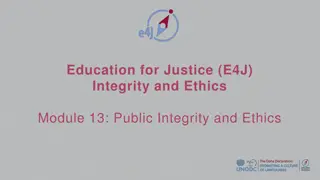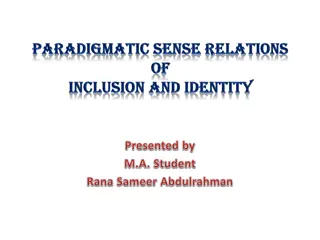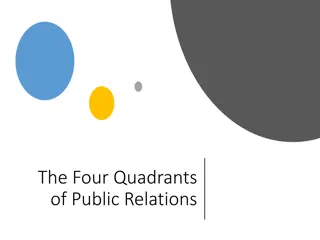Understanding Public Relations Ethics: Lesson One Overview
Delve into the foundational concepts of ethics in public relations through Lesson One, which covers defining ethics, understanding ethical obligations, and exploring normative ethical systems. Discover the importance of making proper ethical choices in fostering community relationships and the obligations of public relations professionals to uphold ethical standards and balance responsibilities.
Download Presentation

Please find below an Image/Link to download the presentation.
The content on the website is provided AS IS for your information and personal use only. It may not be sold, licensed, or shared on other websites without obtaining consent from the author. Download presentation by click this link. If you encounter any issues during the download, it is possible that the publisher has removed the file from their server.
E N D
Presentation Transcript
Introduction to Public Relations Ethics Module One | Lesson One
Lesson One | Introduction Lesson Overview Defining Ethics Understanding Ethical Obligations in Public Relations Developing an Ethical Profession
Lesson One | Introduction Defining Ethics Ethics: A decision making process to understand right from wrong. Proper ethical choices among public relations professional has the potential to foster community by creating, and maintaining mutually beneficial relationships (Heath & Coombs, 2006)
Lesson One | Introduction Normative Ethical Systems Utilitarian Ethics: The greatest good for the greatest number. Deontological Ethics: There are universal duties that are required of all humans, in all situations. Virtue Ethics: The pursuit of the highest good, or virtues, in each situation or profession.
Lesson One | Introduction Discussion Question One Out of the three major area within normative ethics (utilitarian, deontological, and virtue) which do you believe provides the strongest foundation for applied ethics in public relations and why?
Lesson One | Introduction Obligations of the Profession Public relations professionals should have unimpeachable ethical standards the develop trust from clients and the public (Heath & Coombs, 2006). Every profession has a moral purpose. Medicine has health. Law has justice. Public relations has harmony social harmony (Seib and Fitzpatrick, 1995).
Lesson One | Introduction Obligations of the Profession Dedication to clients. Commitment to the public. Duty to the profession.
Lesson One | Introduction Mixed-Motive Obligations Public relations professionals as professionals have obligations that extend beyond the profitability (however defined) of the organization represented. Responsibility to the public or in the case of public relations, to multiple publics must be balanced with responsibility to the client or employer. Fitzpatrick & Gauthier (2001)
Lesson One | Introduction Discussion Question Two What are the primary obligations of public relations professionals to clients, publics, and the profession?
Lesson One | Introduction Developing an Ethical Profession Creation and growth of professional associations for public relations professionals. Codes of ethics and influence on public relations professionals.
Lesson One | Introduction Discussion Question Three Understanding the limitations of codes of ethics and associations within public relations, do you believe it is reasonable to assume there will be a universal code of conduct that will apply to all public relations professionals?
Lesson One | Introduction References Fitzpatrick, K. & Gauthier, C. (2001). Toward a Professional Responsibility Theory of Public Relations Ethics. Journal of Mass Media Ethics, 16 (2-3), pp. 193- 212. Heath, R. & Coombs, W. (2006). Today's public relations an introduction. Thousand Oaks, Calif: SAGE Publications. Seib, P. & Fitzpatrick, K. (1995). Public relations ethics. Fort Worth, TX: Harcourt Brace College Publishers.
